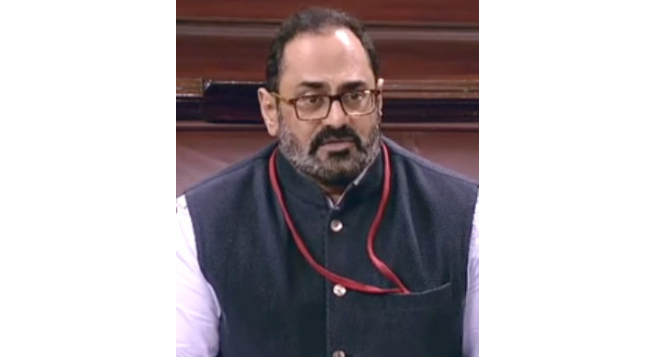The upcoming Digital Personal Data Protection Bill will drive “deep behavioural changes” among those platforms in India that have for long exploited or misused personal data, Union Minister for Electronics and IT Rajeev Chandrasekhar has asserted.
In an interview to PTI, the deputy IT Minister said also sought to allay concerns around the issue of government-appointed fact check body, saying the move is not about censorship at all, rather it gives the Centre (federal government) an opportunity to clarify and respond to any misinformation related to it, something that is critical in a democracy.
Misinformation, he said, is not to be confused with the right to free speech. The minister noted that misinformation tends to travel 10-15 times faster, and reaches an audience 20-50 times more, than truth.
He emphasised that it is absolutely critical that in a democracy if someone says something false about the government, to create hatred, to incite violence, or to just create mistrust, “the government must have an opportunity to say no, this is not true”.
“I have absolutely no doubt that the DPDP Bill will create deep behavioural changes among platforms in India who have for long exploited and misused personal data,” the minister said in the interview with the news agency PTI.
He stressed, “In a democracy like ours, it is absolutely critical if somebody says something false about the government, the government must have an opportunity to say ‘No, this is not true’.”
“So there is no censorship, there is no restriction on free speech. This is simply about saying what is patently false, is patently false. And that is certainly not to be confused or deliberately distorted to imply that this is a crackdown on free speech,” he said.
On the WhatsApp spam call issue, Chandrasekhar said that the government has called out WhatsApp and other messenger companies about the problem and emphasised that it is unacceptable.
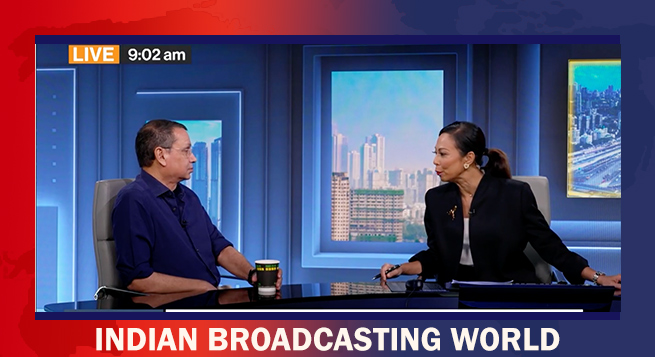 JioStar vice-chair Uday Shankar on surge in streaming subs, trade tariff challenges
JioStar vice-chair Uday Shankar on surge in streaming subs, trade tariff challenges 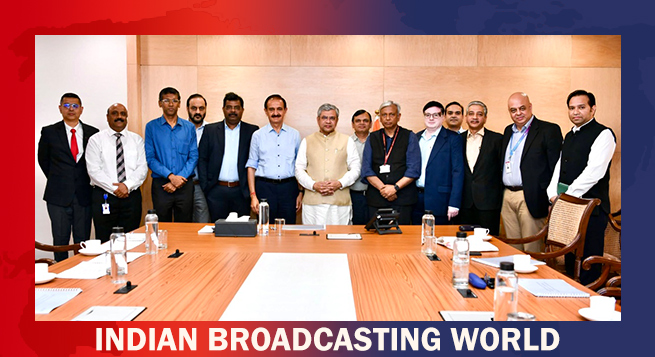 AIDCF team discusses industry issues with Vaishnaw
AIDCF team discusses industry issues with Vaishnaw 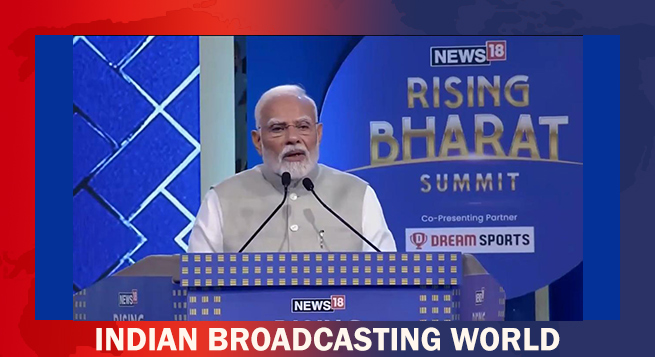 PM Modi: WAVES will empower Indian content creators go global
PM Modi: WAVES will empower Indian content creators go global 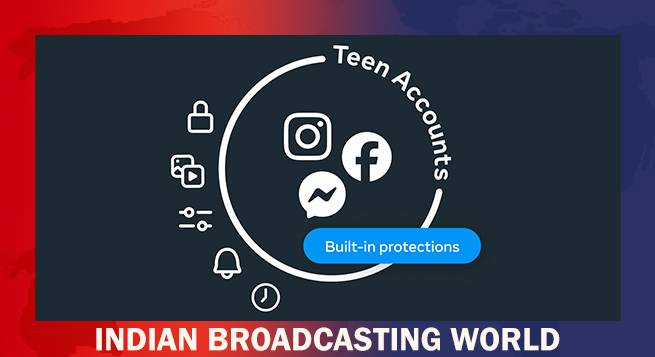 Meta rolls out ‘Teen Accounts’ feature to FB, Messenger
Meta rolls out ‘Teen Accounts’ feature to FB, Messenger 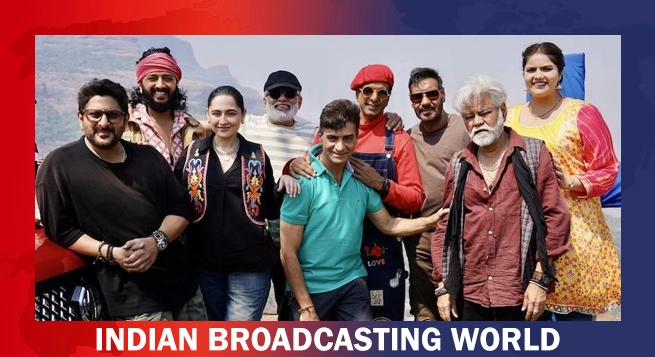 Sri Adhikari Brothers join hands with Maruti Films for ‘Dhamaal 4’
Sri Adhikari Brothers join hands with Maruti Films for ‘Dhamaal 4’ 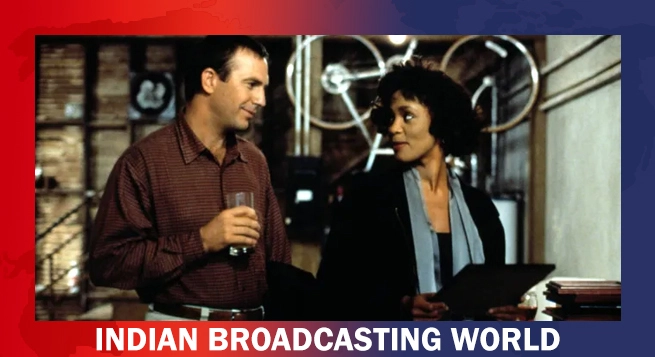 Warner Bros to remake ‘The Bodyguard’
Warner Bros to remake ‘The Bodyguard’ 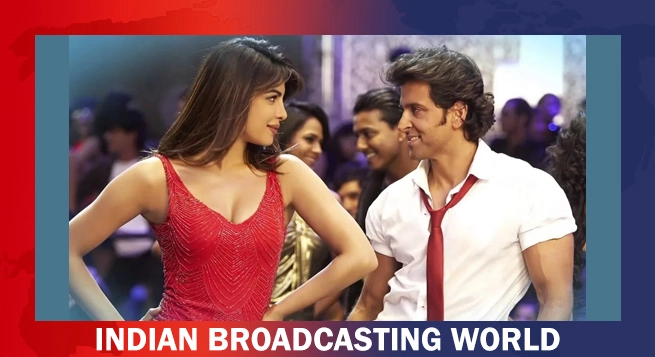 Priyanka to reunite with Hrithik Roshan in ‘Krrish 4’
Priyanka to reunite with Hrithik Roshan in ‘Krrish 4’  Nawazuddin Siddiqui to headline ZEE5’s ‘Costao’
Nawazuddin Siddiqui to headline ZEE5’s ‘Costao’ 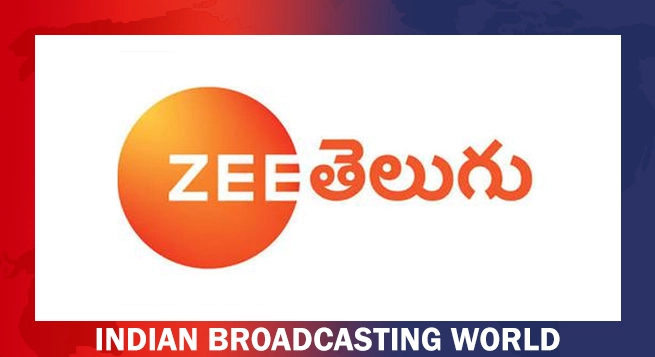 Zee Telugu unveils ‘Drama Juniors’ S8
Zee Telugu unveils ‘Drama Juniors’ S8 


